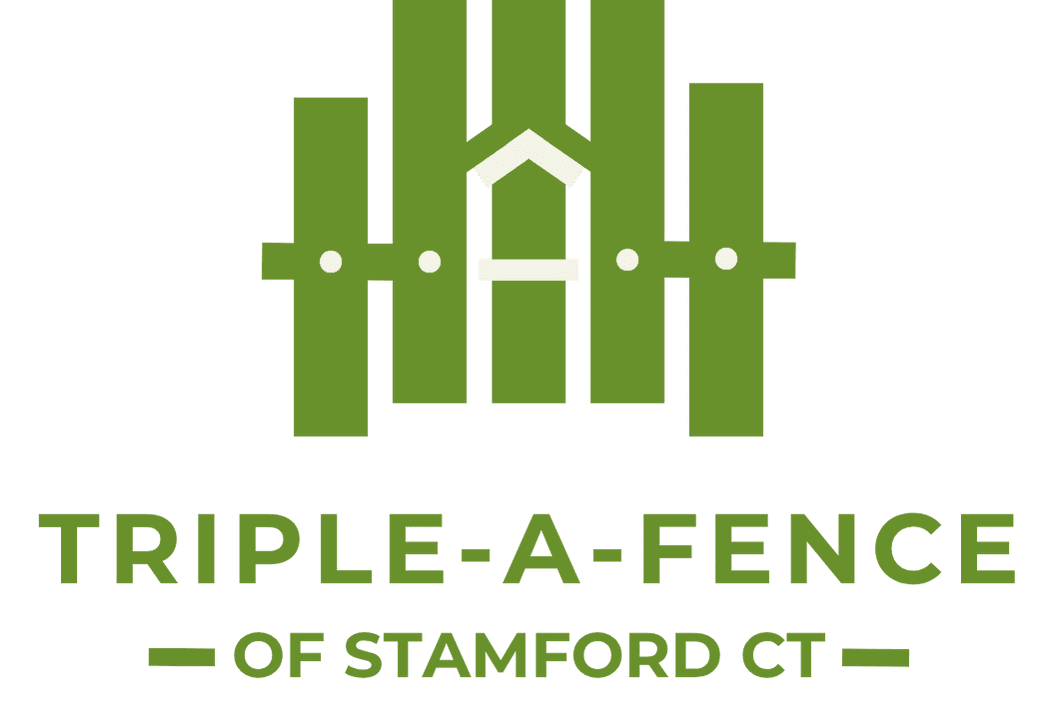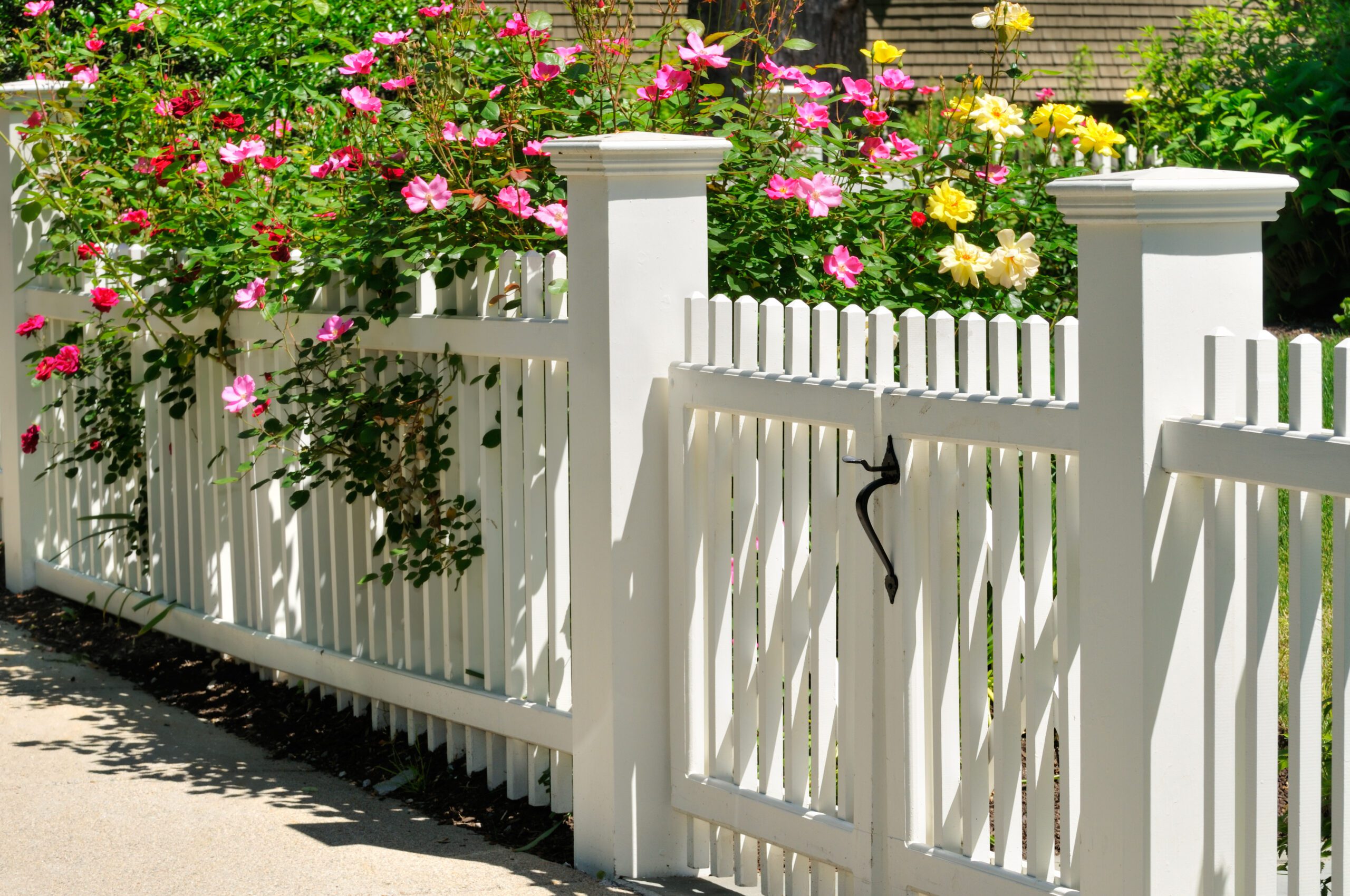When it comes to increasing your home’s value, projects like kitchen remodels or bathroom upgrades often come to mind. But what about fencing? It might not be as flashy as granite countertops or new flooring, but a well-installed fence can absolutely impact a home’s value—both financially and functionally.
Whether you’re preparing to sell or simply improving your property, adding a fence could be a smart investment. In this post, we’ll break down how fences affect home value, what types of fences offer the best return, and what factors to consider before installing one.
The Short Answer: Yes, But It Depends
In many cases, a fence can increase your home’s resale value—especially if it enhances privacy, security, or curb appeal. But not all fences are equal, and not all buyers view fences the same way. The value a fence adds depends on several key factors:
- Type of fence (material and style)
- Quality of installation
- Purpose (privacy, containment, decoration)
- Location and local buyer preferences
- Overall appearance and condition
1. Why Buyers Value Fences
Privacy
Privacy is one of the top reasons people install fences—and one of the most attractive features for homebuyers. A solid fence that shields the backyard from neighbors can make the outdoor space feel more secluded, private, and usable.
Security
Fences can provide a sense of safety and peace of mind. For buyers with pets, small children, or concerns about intruders, a fenced-in yard adds immediate functional value.
Pet and Kid Containment
Families with dogs or young children are often specifically looking for homes with secure fencing in place. This can make your home more appealing and increase the number of potential buyers.
Curb Appeal
A stylish front fence or entry gate can enhance the visual charm of a property. If the fence complements the home’s design and is well-maintained, it can make a strong first impression.
2. Fences That Add the Most Value
Not all fences are created equal in the eyes of buyers. Here are a few types that tend to increase home value the most:
Wood Privacy Fence
A six-foot wood fence is often seen as both attractive and functional. It adds a natural look and offers strong privacy, making it a top choice for families.
Vinyl Fencing
Though more expensive upfront, vinyl fencing is low-maintenance and long-lasting. Buyers like that it won’t rot, peel, or require painting.
Wrought Iron or Aluminum
Ornamental metal fences add elegance and sophistication to a property, especially in front yards. While they don’t offer much privacy, they’re excellent for curb appeal.
Composite Fencing
Made from recycled materials, composite fences offer the look of wood with lower maintenance. They’re increasingly popular with environmentally conscious buyers.
3. How Much Value Does a Fence Add?
There’s no universal dollar amount, but a professionally installed fence can add anywhere from $1,500 to $5,000+ in perceived value, depending on the type and location.
Real estate agents often say a fence doesn’t necessarily increase the listing price dramatically—but it does increase buyer interest, reduce time on the market, and help justify your asking price. In hot markets, a fenced yard can even become a dealbreaker for some buyers.
4. When a Fence Might Not Help
There are situations where a fence may not add value—or could even hurt your home’s appeal:
- Poor Condition: A fence that’s leaning, rotting, or missing panels is a red flag to buyers. It suggests neglect and future repair costs.
- Inconsistent Style: A fence that clashes with the style of the home or neighborhood can turn off buyers.
- Blocking Views: In areas with scenic views, a tall fence may actually lower value by blocking what buyers want to see.
- Unpermitted Work: If the fence wasn’t installed with the proper permits or is encroaching on a neighbor’s property, it could cause legal issues during sale.
5. Tips to Maximize Value
If you’re adding a fence with home value in mind, keep the following tips in mind:
- Match neighborhood trends: A white vinyl fence might be great in the suburbs but look out of place in a historic district.
- Prioritize quality: Use durable materials and hire professional installers to ensure a clean, solid build.
- Maintain it: Regularly clean, stain, or paint your fence to keep it looking new.
- Get permits: Ensure the fence complies with local regulations to avoid problems during home inspections or appraisals.
Conclusion
So, does a fence add value to a home? In many cases, yes—especially if it’s attractive, functional, and well-maintained. Fences offer practical benefits like privacy, security, and safety that resonate strongly with potential buyers. While it may not offer the same ROI as major interior renovations, a fence can make your home more appealing and easier to sell.
If you’re thinking about installing a fence to boost property value, focus on quality materials, proper placement, and a design that complements your home. Done right, it’s an investment that pays off in more ways than one.

